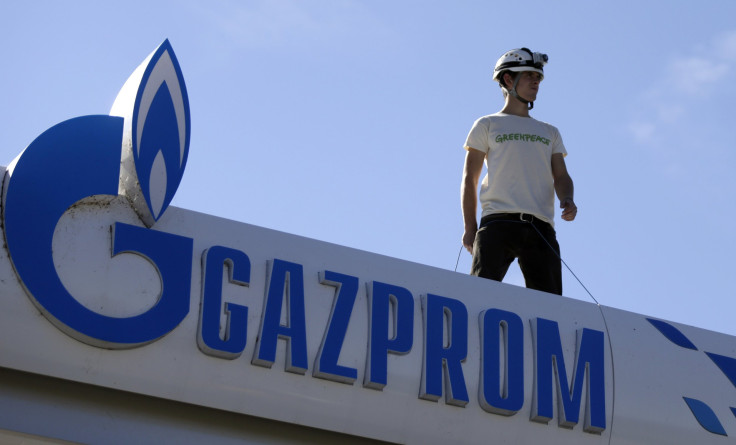American Environmental Activist Among Greenpeace Workers Detained In Russia Over Piracy Charges

American environmental campaigner Peter Willcox is among dozens of Greenpeace activists who have been under detention in Russia on charges of piracy, over a protest against oil drilling in the Arctic, in a case that has stirred international concern.
Russian authorities detained 28 Greenpeace activists, as well as a freelance photographer and a freelance videographer, who were on board the Dutch-flagged Greenpeace protest ship Arctic Sunrise, after two activists tried to scale an oil platform in the Barents Sea owned by Russian state-run energy company Gazprom, in a protest on Sept. 18.
The activists, who were brought before a court in Murmansk, Russia, on Friday, remain in detention, with 22 activists ordered to be remanded in custody for two months pending an investigation into piracy charges, while eight were detained for three days pending a new hearing, Greenpeace said in a statement.
“Their actions are justified by the abject failure of governments around the world to protect their people from the threat of climate change,” Greenpeace International Executive Director Kumi Naidoo said in a statement. “We will not be intimidated, we will appeal these detentions, and together we will prevail.”
Willcox, 60, the captain of the Arctic Sunrise, had previously served as the captain of the Greenpeace ship, the Rainbow Warrior, when it was bombed by the French secret service in New Zealand in 1985. Willcox and the ship’s Argentinian second mate Miguel Hernan Perez Orzi, are among those who have been ordered to be detained for two months. Other detainees include an Argentinian, six Britons, two Canadians, three Russians, an Australian and a Brazilian.
Greenpeace said the Russian coast guard boarded the Arctic Sunrise, while the ship was circling Gazprom’s Prirazlomnaya platform at the three nautical mile limit, inside international waters, after placing under arrest the two activists who tried to scale the oil platform.
The organization said that coast guard officials, who used choppers and ropes to board the vessel, fired 11 warning shots across the ship before rounding up the activists and holding them at gunpoint.
Russian President Vladimir Putin said on Wednesday that the activists were clearly not pirates, although they violated international maritime laws when they tried to scale the oil platform.
“It is absolutely evident that they are, of course, not pirates,” Putin was quoted as saying by Reuters.
“Our law enforcement institutions, our border guards didn’t know who was trying to seize this platform under the guise of Greenpeace,” he said, while speaking at the Arctic Forum in Salekhard in western Siberia, attended by the presidents of Finland and Iceland and officials from other Arctic nations.
“It would have been better if representatives of this organization had sat in this room and voiced their attitude to the issues we are discussing,” Putin said.
Greenpeace said that piracy, as defined under the Russian criminal code, does not apply to oil platforms like the one the activists tried to scale, or to peaceful protest.
© Copyright IBTimes 2024. All rights reserved.












